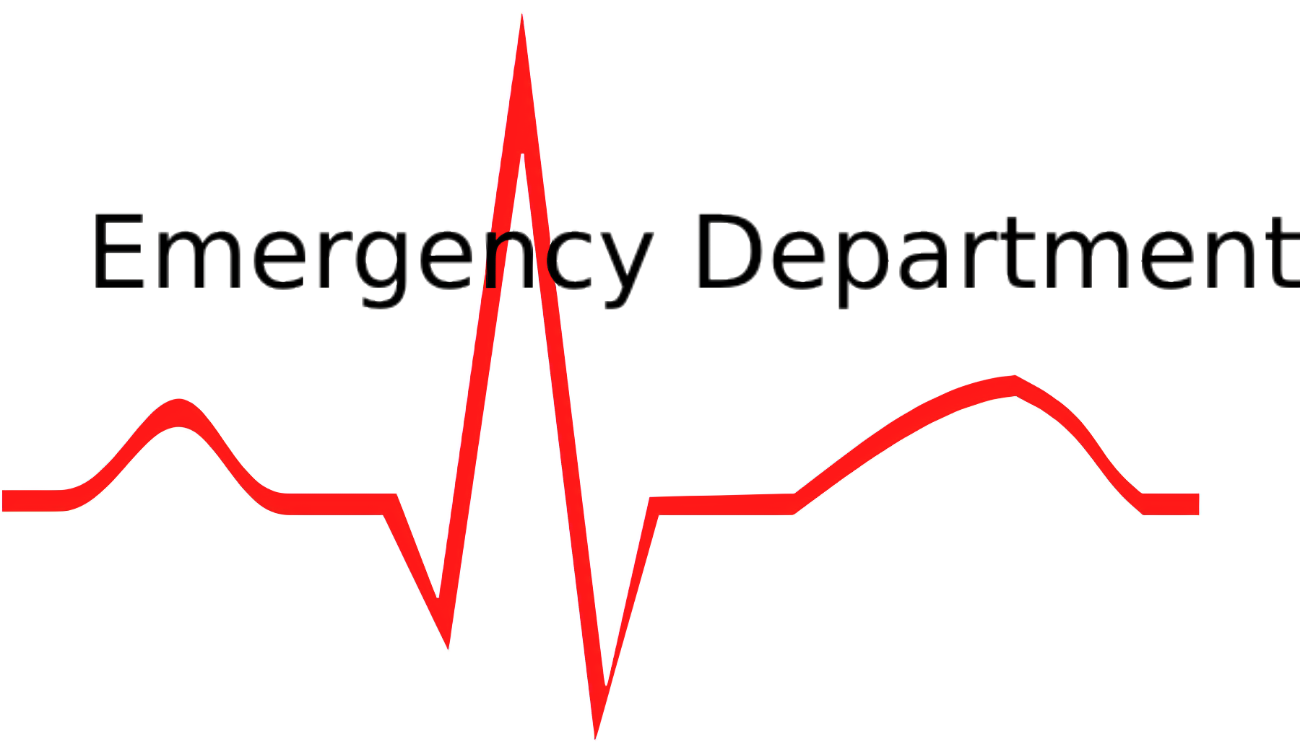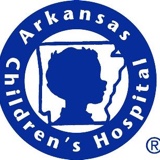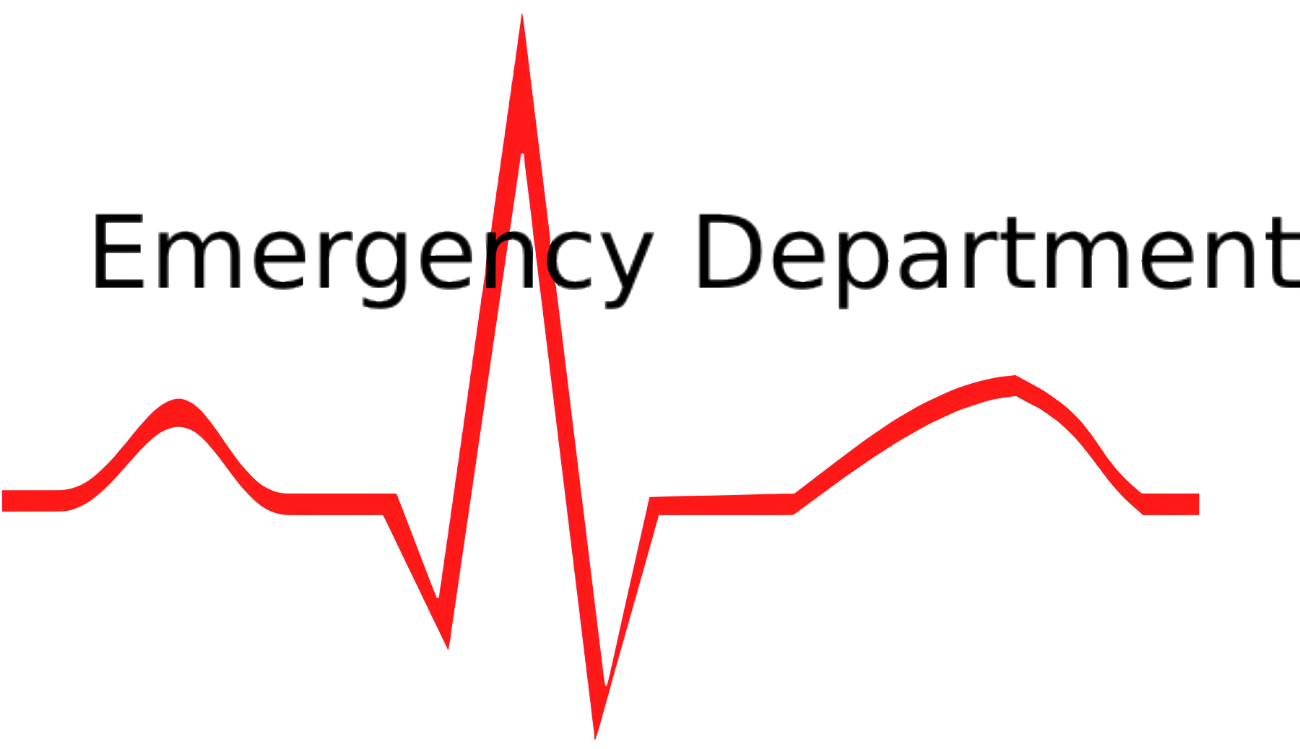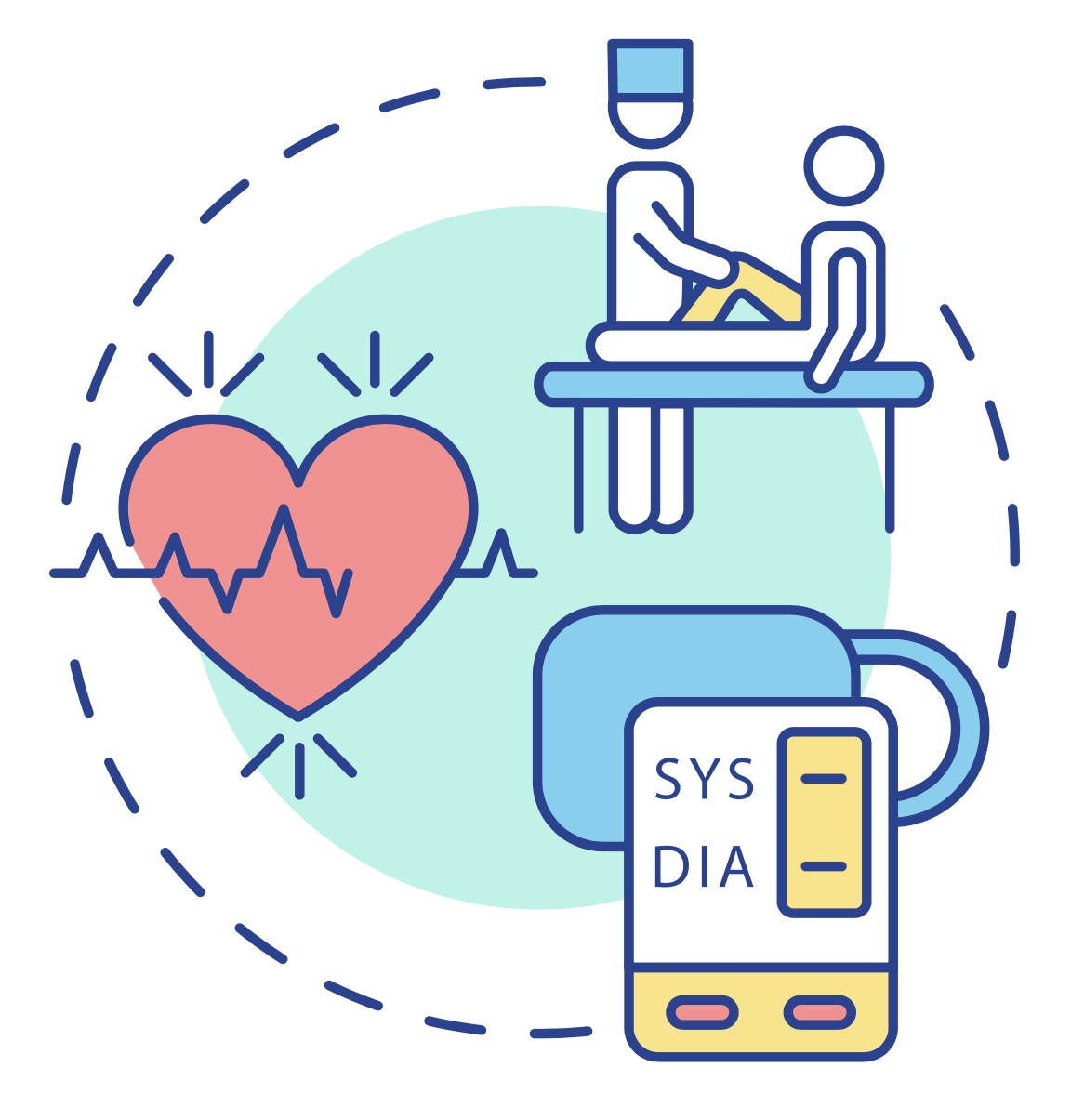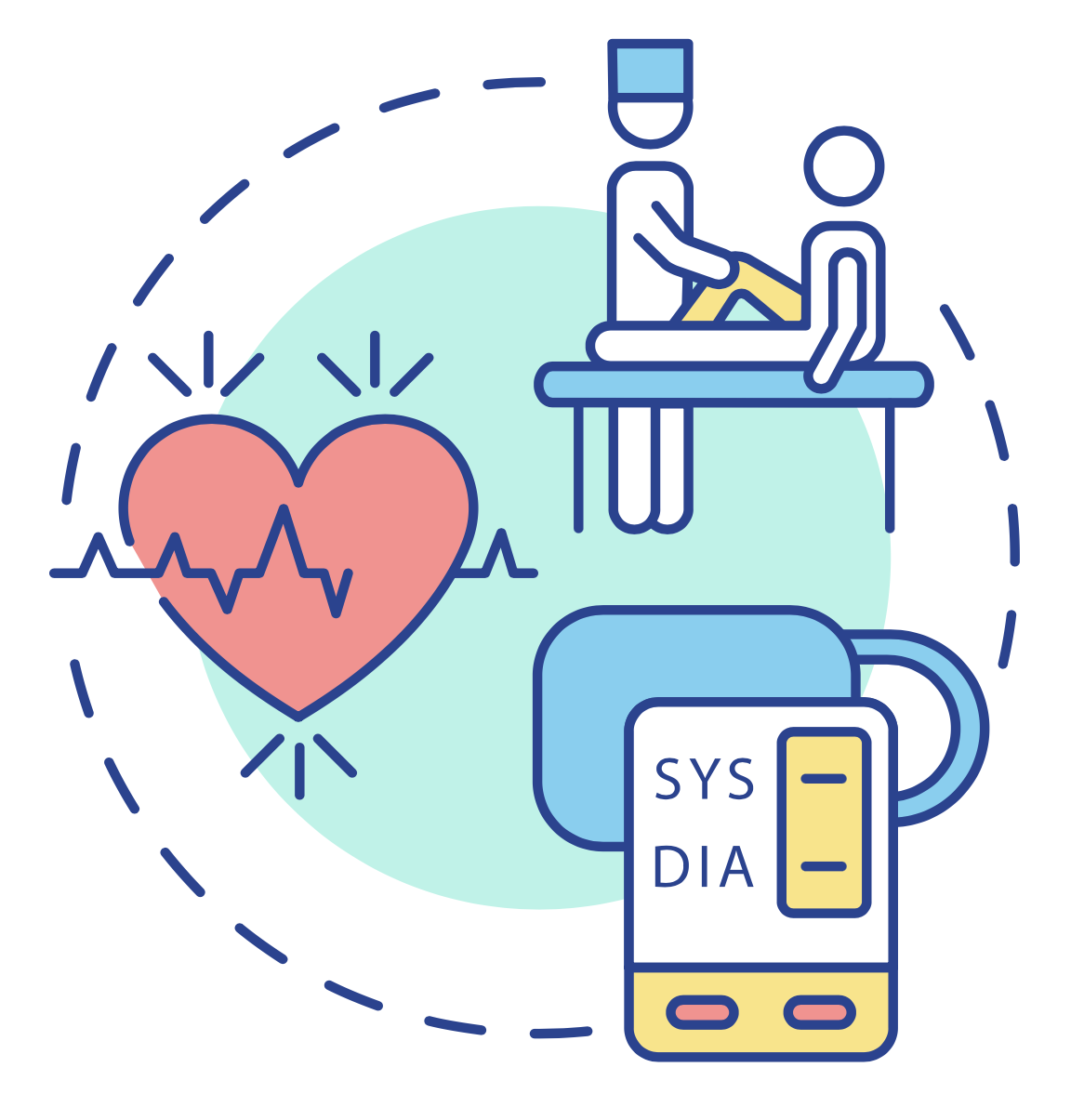Title Page
-
Site conducted
-
Conducted on
-
Prepared by
-
Location
Nursing Stations
-
1. Clean and free of clutter
-
2. No food present
-
3. Drinks have lids
-
4. No patient care supplies left open on tables
-
5. Trash is not overflowing
-
6. Sharps container below fill line
Staff
-
1. Hand hygiene is being performed correctly
-
2. No fingernail polish or artificial nails. (if providing patient care)
-
3. Appropriate fingernail length (1/4")
-
4. Staff understands isolation precaution protocol and needlestick protocol.
Waiting Room, Public Bathrooms, and Hallways
-
1. All horizontal surfaces are clean
-
2. Areas/hallways are not cluttered
-
3. Trash is not overflowing
-
4. Bathrooms are clean and have hand washing supplies.
-
5. No stained ceiling tiles
Hand Hygiene
-
1. Sinks for handwashing are appropriately stocked with soap, paper towel, and trash cans.
-
2. Alcohol hand-rubs are available near patient rooms/in patient rooms and other areas as needed.
-
3. Hand Hygiene is monitored for staff compliance.
-
4. Gloves are stocked in patients' room for staff use when needed.
Precautions
-
1. PPE supplies are available
-
2. Appropriate signage in place
-
3. Trash and linens handled per policy
-
4. Patient and family given appropriate education on isolation rooms.
-
5. If airborne precautions, is the door closed.
-
6. Appropriate PPE being used by staff.
-
7. Isolation stations being utilized and are stocked.
Soiled Utility
-
1. Door to room is labeled and closed.
-
2. Biohazard symbol on door if biomedical waste in room
-
3. Soiled linen in hamper with impervious liner
-
4.Clean supplies not in room
-
5. Appropriate PPE available
-
6. Soiled Linen covered for transport.
Storage Room
-
1. Is there a clear walk way
-
2. All equipment is clean and stored off the ground
-
3. Equipment bins are clean
-
4. No tape peeling on the floor or tables.
-
5. Equipment/supplies are not out of date.
Clean Utility
-
1. Door to room is labeled
-
2. Environment is clean
-
3. Clean equipment is tagged/bagged and ready for use.
-
4. No supplies stored under sink
-
5. All supplies off the floor.
Clean Linens
-
1. Linens are in good condition
-
2. Stored on covered cart or in linen room where shelf is covered.
-
3. Clean linen covered during transport
Refrigerators
-
1. Daily temperature checks are documented appropriately
-
2. Items are appropriately labeled and nothing is out of dated
-
3. Refrigerator is clean
Patient Care Equipment
-
1.Epuipment is cleaned according to policy/company recommendations
-
2. Purple top wipes are used to disinfect IV pumps
-
3. Vital sign machines are cleaned using disinfectant wipes before being used.
-
4. Equipment that has expiration dates have not expired.
-
5. Telemetry electrodes are dated when they are opened. If expired they are thrown away.
Hazardous Material and Medical Waste
-
1. Appropriate sharps container in use.
-
2. Sharps containers no more than 3/4 full
-
3. Sharps containers secured for transport
-
4. Appropriate biomedical waste manifests maintained
EOC
-
1. All cylinders (oxygen, other compressed gases) are secured
-
2. Empty oxygen tanks are kept separate from full oxygen tanks
-
3. Fire extinguishers not obstructed from easy access
-
4. No electrical panels are blocked
-
5. Hospital furnishings/equipment are kept in good repair (no torn or soiled furniture, wheelchairs, or mattresses
-
6. Countertops/doors are in good condition with no chipping to laminate
-
7. No supplies stored under sinks
-
8. Paper is not present on fire-rated doors
-
9. Maintains the integrity of egress throughout the unit
-
10. No space heaters present in patient care areas
-
11. there is at least 18" of open space maintained below a sprinkler deflector to the top of storage







